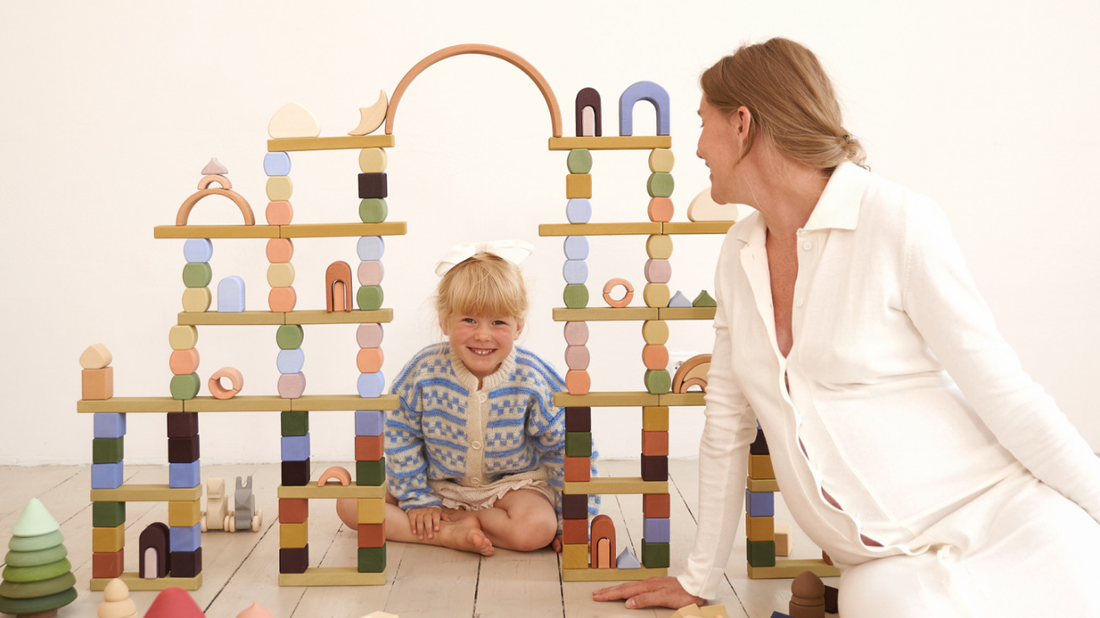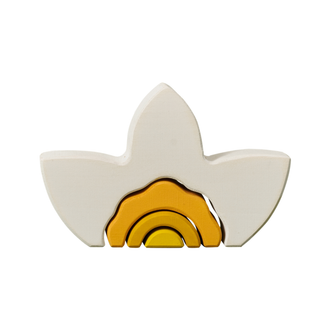If you live in the global west, you are likely to see Christmas as a December holiday. Advent runs from the 1st to the 24th, followed by Christmas Eve, Christmas Day, Boxing Day and onwards. If, however, you have familial routes in Eastern Europe as well as countries like Ethiopia and Egypt, you might prefer to celebrate Christmas along Orthodox traditions, in January on the 7th. The difference in dates reverts back to the use of different liturgical calendars. Orthodox Christians follow the Julian calendar, a solar calendar stemming back from the reign of Julius Caesar, while many other Christians utilise the Gregorian calendar, which began use in the 1500s under the reign of Pope Gregory. There is a lot more to this in terms of faith reasoning and historical background, but we just love a bit of context! This National Geographic article has a great explanation of the differences. With diverse festivals, of course, comes diverse celebrations and traditions - so we thought we’d share some fun opportunities to learn and engage in Orthodox Christmas history with your little ones.
Making comparisons
Learning about an alternative holiday to that typically celebrated in the West is a great way to share similarities and differences with your children. In fact, the EYFS curriculum here in the UK has an entire focus on children understanding the world in which they live. Why not make a list, draw a picture, or create a collage summarising what Christmas means to your family if you celebrate - or alternatively, a festival like Diwali or Eid, then compare to what a festival like Orthodox Christmas looks like? Perhaps you could find books at your local library or watch videos with a child focus on what Orthodox Christmas is.
Trying out foods
Much of Orthodox Christmas has a deeper focus on the spiritual aspects of the holiday, untouched by the West’s bigger additional festivities. With this being said, many Orthodox Christmas observers fast prior to Christmas day, avoiding meat and dairy up to the big day. This fast is broken with a diary-based porridge called Kutya, which symbolises unity, and a feast the following day. Why not research what a traditional feast looks like, and try making it in your home come January?
Comparing figures: Santa Claus and Grandfather Frost
Across the West, children are familiar with the friendly face of Santa Claus. Whether your child believes or not, they are likely to be familiar with concepts like Santa living in the North Pole, reindeer, elves, and the giving of gifts. Why not teach them, then, about Santa’s Russian cousin, Grandfather Frost (‘Ded Moroz’)? Legend has it that his granddaughter, Snegurochka, (Snow Maiden) joins him to give gifts out on Christmas day, pulled by a sleigh of horses. Children might draw the figures and compare their differences. Older children who have moved on from the magic of Santa might compare how these different legendary figures developed over time, while little ones might like to think about how Santa caters to all children differently!
Think about toys that children might be gifted in Orthodox countries
If you are keen to go even further, why not look into some toy brands based in traditionally Orthodox countries? We have shared our love for Russian brand Raduga Grez previously. Traditional presents for children in Russia also include Russian nesting dolls - why not buy a blank set and paint them with your children, either following their interests, or with a little research see what traditional patterns they might like to emulate?
Happy holidays!
We love celebrations at Eeny Meeny, and are passionate about raising engaged, global citizens who are interested in the world they are set to inherit. By thinking about festivals celebrated across the world, little ones grow their awareness of other cultures in a fun, engaging way. We hope you enjoy exploring Orthodox Christmas as much as we have!
Emily Hanson
Freelance Writer, Education and Play Specialist

